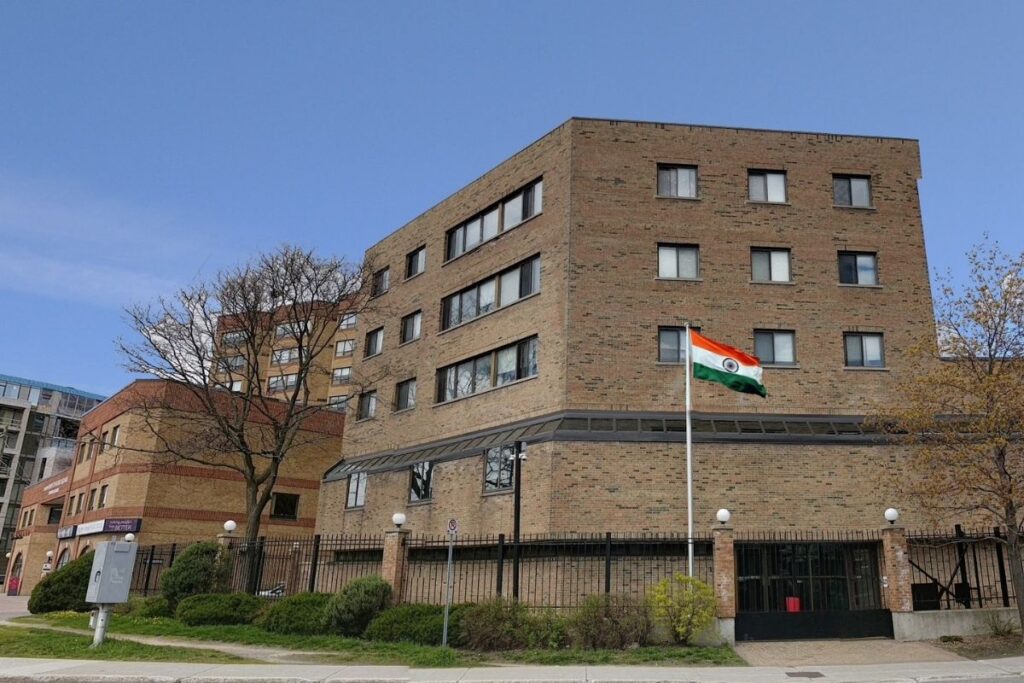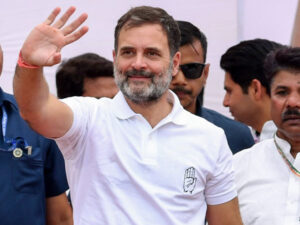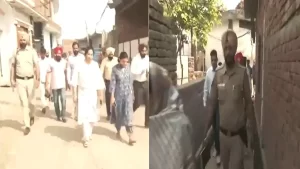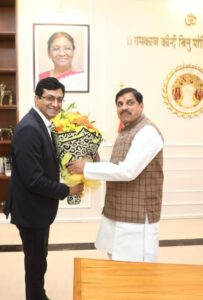
Amid growing tensions between India and Canada, India took decisive action on Monday by recalling its High Commissioner to Canada, Sanjay Kumar Verma, along with other senior diplomats. This move marks a significant escalation in the ongoing diplomatic dispute following the murder of Sikh separatist Hardeep Singh Nijjar. In response to accusations linking India to the crime, New Delhi expelled six Canadian diplomats, including Stewart Ross Wheeler, the Acting High Commissioner, further straining relations between the two nations.
The diplomatic fallout stems from the Trudeau government’s allegations that the Indian High Commissioner and several other diplomats were involved in the murder of a Canadian citizen. While Canadian authorities did not reveal the victim’s identity, it is widely believed to be connected to Hardeep Singh Nijjar, a Sikh separatist leader. These accusations prompted India to take a firm stance, with the Ministry of External Affairs (MEA) labeling Canada’s claims as “baseless.”
India’s MEA summoned the Canadian High Commissioner to address the allegations and quickly announced the recall of its High Commissioner and other diplomats from Canada. India’s decision reflects its firm rejection of the accusations and its disapproval of Canada’s handling of the matter.
Canada, however, remains resolute in its stance. After meeting with officials from India’s Foreign Ministry, Canada’s Deputy High Commissioner to India, Stuart Wheeler, maintained that Canada had presented “strong evidence” implicating Indian agents in the murder of a Canadian citizen on Canadian soil. Wheeler emphasized the importance of cooperation between the two countries, stating, “Now it remains to be seen what action India takes on these allegations. This is in the interest of both countries. Canada is ready to cooperate.”
India’s Ministry of External Affairs slammed Canada for the allegations. An MEA spokesperson noted that Prime Minister Justin Trudeau had made similar claims in September 2023, but Canada had yet to provide any evidence to support its accusations, despite multiple requests from India. The MEA accused the Trudeau government of using the investigation as a political tool, aiming to tarnish India’s reputation for domestic gains.
In a strongly worded statement, the MEA expressed concerns about the security of Indian diplomats in Canada, highlighting the growing atmosphere of extremism and violence in the country. “We have lost all faith in the Canadian Government’s ability to protect our diplomatic personnel. The actions of the Trudeau administration have directly endangered their security,” the MEA stated, announcing the withdrawal of Indian diplomats.
The MEA also criticized Prime Minister Trudeau’s Cabinet for including individuals who have openly associated with extremist and separatist agendas regarding India. The ministry stressed that these associations further exacerbate the strained relationship between the two nations.
India’s MEA defended the reputation of High Commissioner Sanjay Kumar Verma, emphasizing his long and distinguished diplomatic career. With 36 years of service, including ambassadorships in Japan and Sudan, as well as roles in Italy, Turkiye, Vietnam, and China, Verma is one of India’s most experienced diplomats. The MEA dismissed the allegations against him as “ludicrous” and deserving of contempt.
India has also raised concerns over the activities of the Canadian High Commission in India, suggesting that some of their actions align with the political agenda of the current Canadian regime. The MEA warned that India reserves the right to take further steps in response to what it views as Canada’s unfounded allegations against Indian diplomats.
This deepening rift between India and Canada marks a significant challenge to bilateral relations, with both sides standing firm in their positions. The unfolding diplomatic conflict will likely have broader implications for future cooperation between the two nations.






